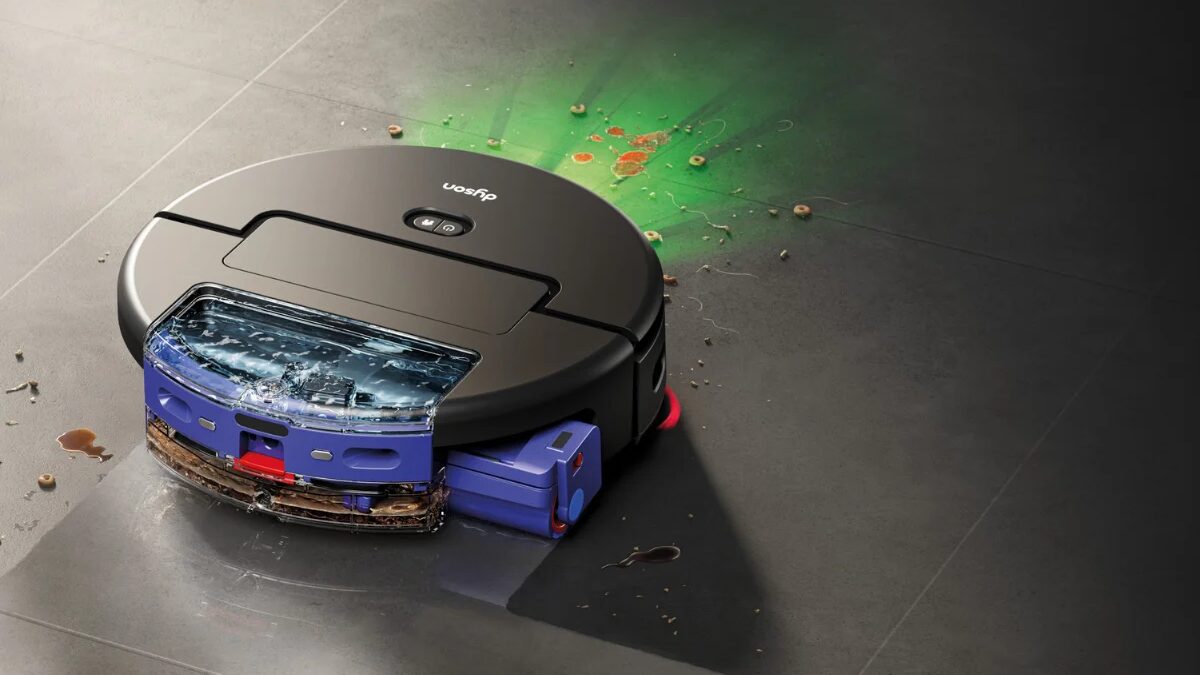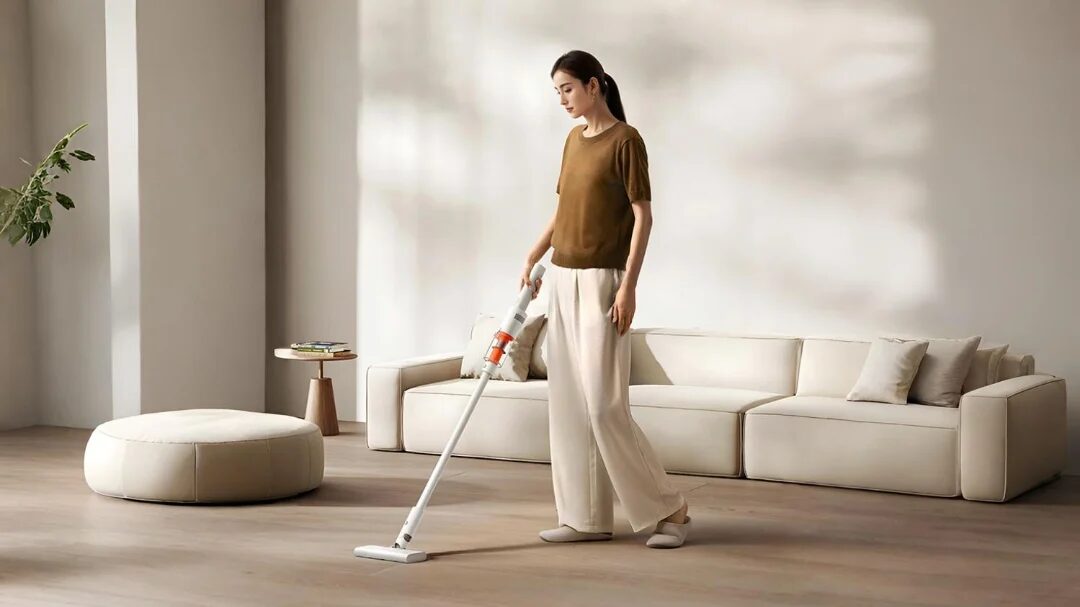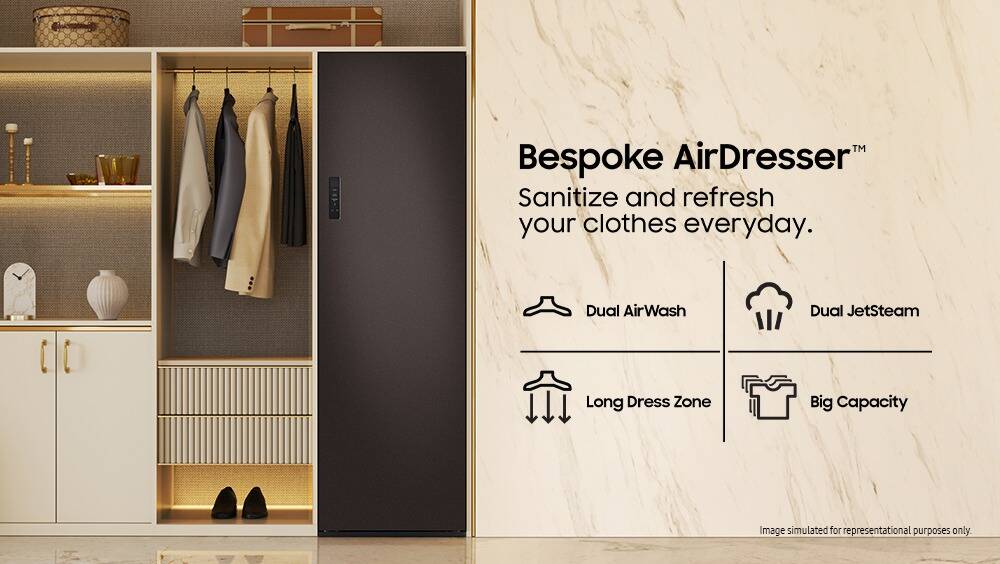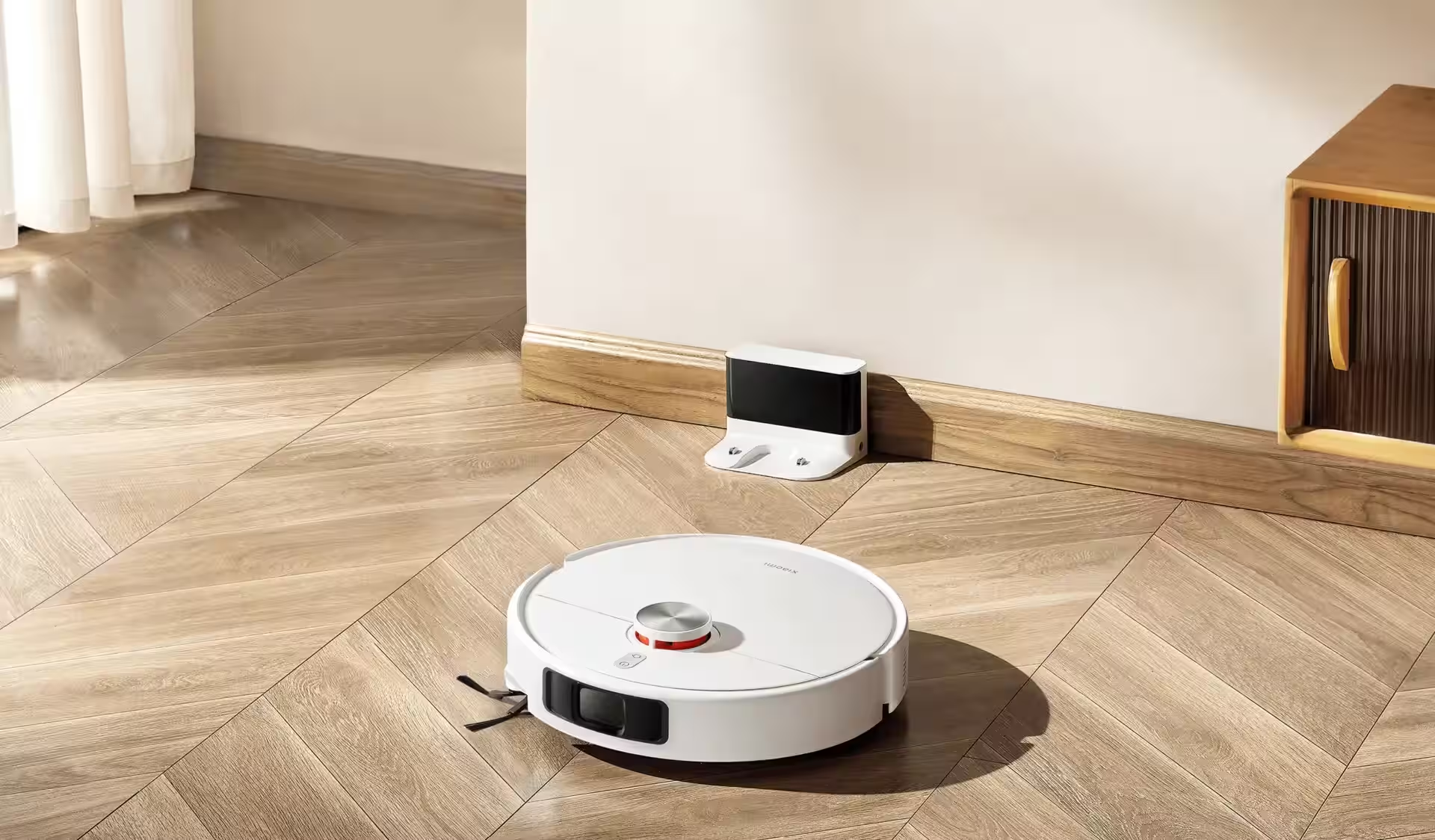Demand for small household appliances in Russia has risen sharply: what is bought most often
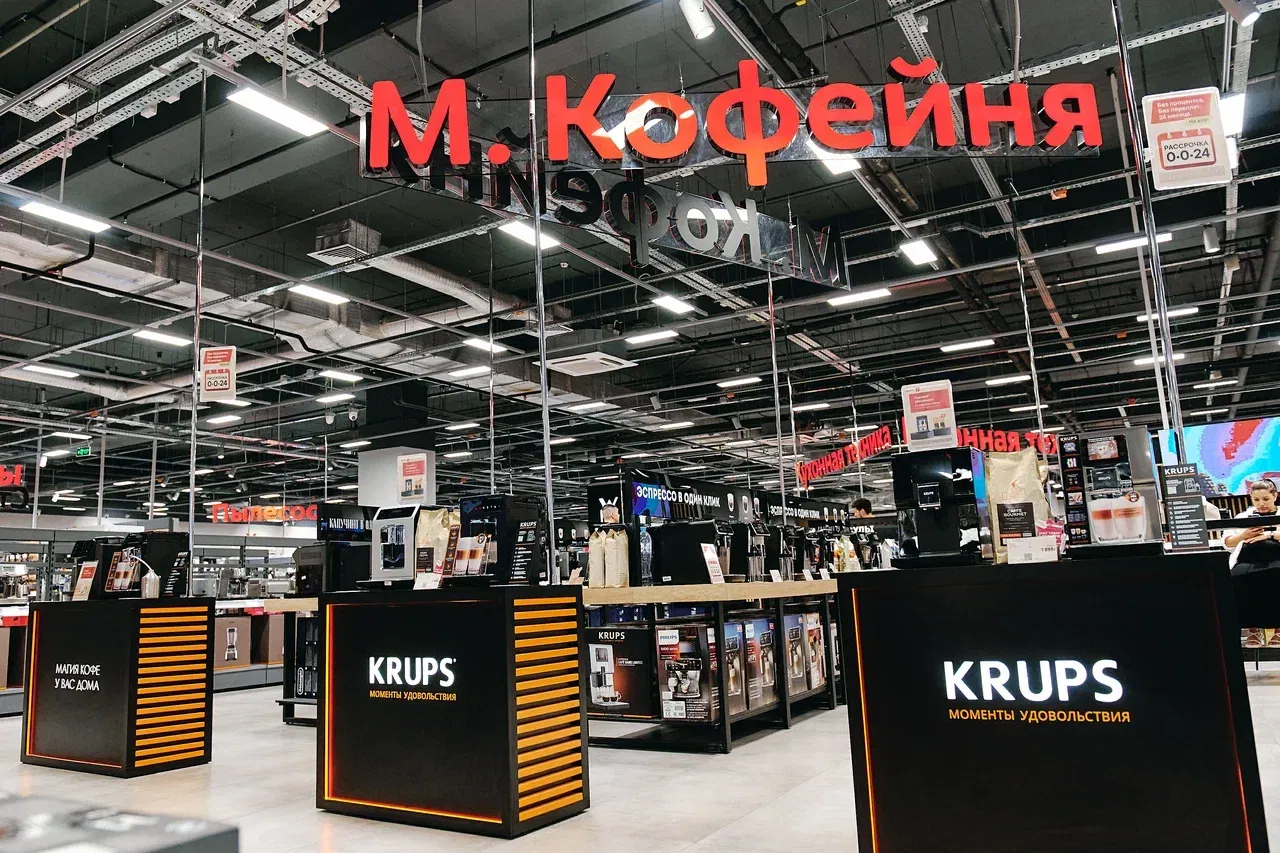
The market for small household appliances in Russia continues to grow steadily, with sales increasing in both units and rubles in 2024. M.Video-Eldorado chains recorded growth of 15.5% in monetary terms and 8% in quantitative terms. The reasons range from a preference for affordable and practical solutions to a sustained interest in devices with advanced functionality.
At the end of 2024, Russians purchased 78.5 million units of small household appliances – 8% more than a year earlier. Total sales reached 244 billion rubles, which is 15.5% more than in 2023. The average cost of one device amounted to about 3.1 thousand rubles, adding 8% over the year.
According to M.Video-Eldorado Group’s head of Small Household Appliances, Olga Akulinina, this category remains one of the most stable and in demand: “People buy such devices not for pleasure, but because they are really needed in everyday life. Small appliances save time and make household chores easier. We notice a stable interest in high-quality and understandable solutions at a reasonable price. The classic offline trade remains of particular importance: customers want to see the goods before buying, get advice and pick up the purchase immediately. This approach is particularly relevant today.
The market was further driven by the broad representation of everyday categories, the availability of basic models and the expansion of assortments in familiar stores. Own-brand devices and exclusive lines played a significant role, accounting for about 10% of total sales. Another 9% were unbranded appliances, which are in demand primarily in the regions and among buyers focused on minimal functionality. Among the recognizable brands, Polaris with 5% and Redmond with 2% held the leading positions.
In monetary terms, the market increased by 15.5% and reached 244 billion rubles. Russians began to choose devices from more expensive segments with improved features. This allowed for a significant increase in revenue, despite moderate growth in numbers. The greatest contribution came from own brands and exclusive offers, which accounted for 7% of total sales. Polaris took a strong position in the mid-price segment, increasing its share to 6%. High demand was also driven by technology brands, with DeLonghi coffee machines and Dyson home appliances each contributing 5% of total sales. Tefal took 4% thanks to consistently strong sales of kitchen appliances and clothes care solutions.
Coffee making, clothing care and personal care were among the most dynamic categories. Coffee machines showed particularly impressive growth, especially capsule models from DeLonghi, Krups and own brands. They were chosen for their compactness, ease of use and relevance for both homes and offices. In the personal care segment, hair styling appliances – hair dryers and stylers – were the leaders. Dyson, Carrera, Haier, Dreame and Tuvio stood out here, offering technologically advanced solutions.





